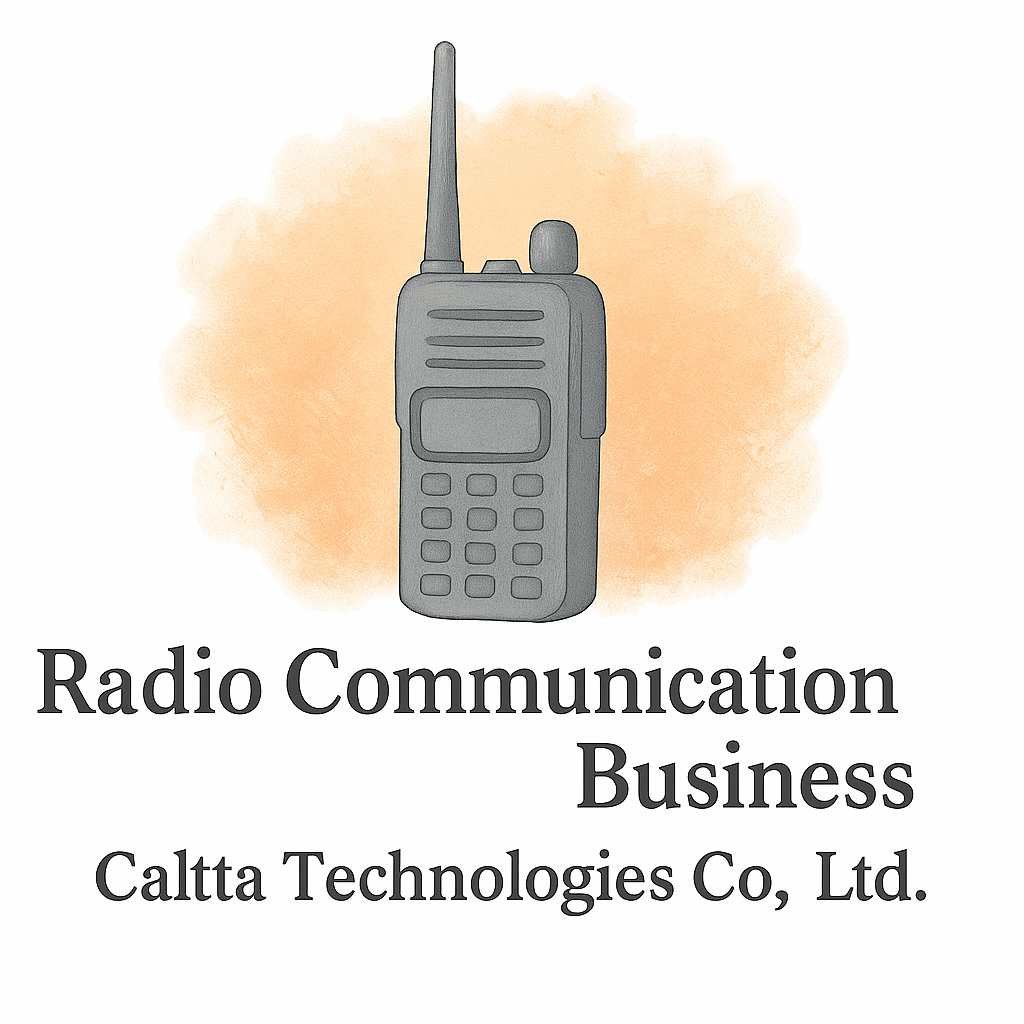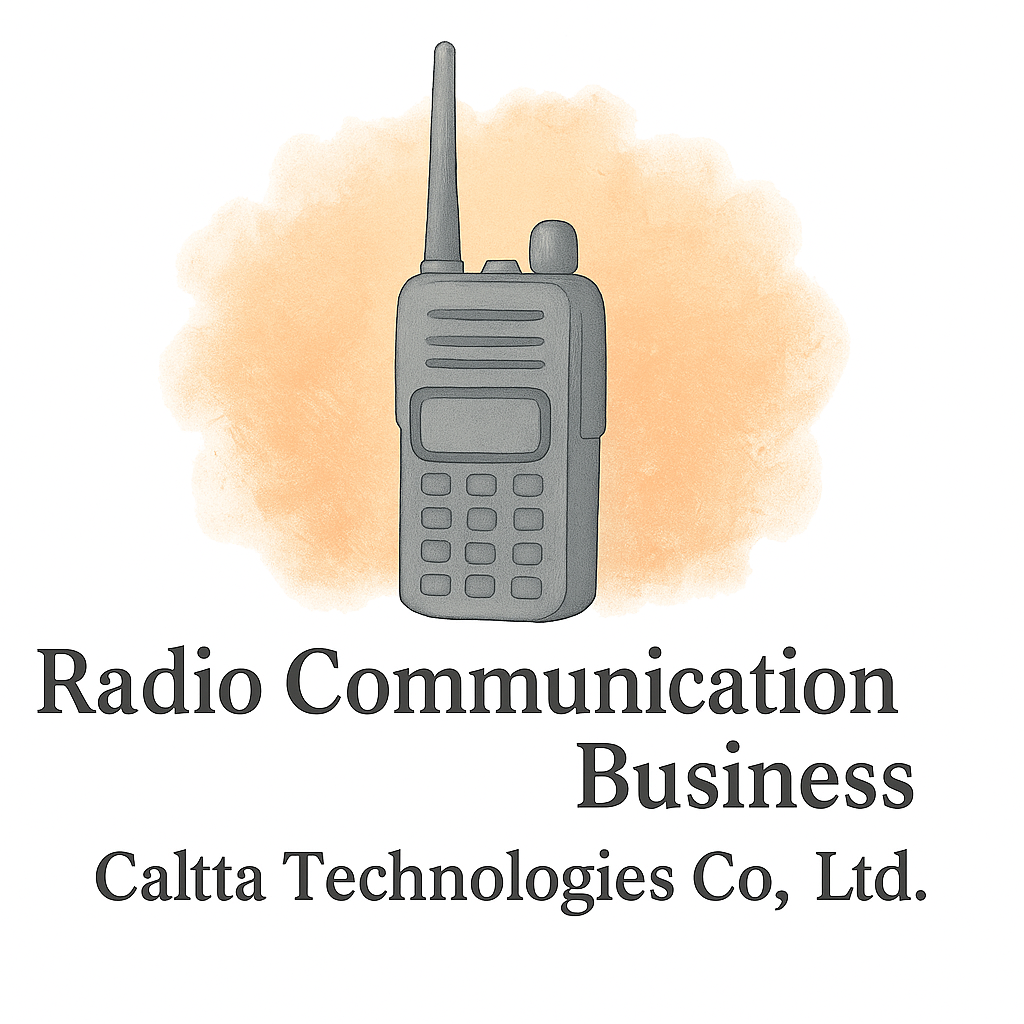Introduction: Why Radio Communication Still Matters
Even in today’s age of smartphones, apps, and instant messaging, radio communication remains one of the most dependable ways to stay connected in real-time. From construction crews to emergency responders, radios play a crucial role in industries where reliability, clarity, and speed matter. But the big question is: should you stick with analog radios, or upgrade to digital radio communication?
In this article, we’ll explore the 7 benefits of digital vs analog radio communication, helping you decide which technology best suits your needs.
Understanding the Basics of Radio Communication
What is Analog Radio Communication?
Analog radios have been around for decades. They transmit voice signals by converting sound waves into radio waves. Simple, effective, and reliable, analog radios are known for their ruggedness and affordability. However, they do have limitations in clarity, security, and additional features.
What is Digital Radio Communication?
Digital radios, on the other hand, convert voice into digital data before transmitting it. This allows for better sound quality, reduced interference, and additional features like encryption, GPS tracking, and data sharing. Think of it as the difference between listening to an old cassette tape versus a modern streaming service—the message is the same, but the quality and experience are vastly improved.
Key Differences Between Digital and Analog Radios
Transmission Quality
Analog radios degrade in clarity as you move farther from the signal source. Digital radios maintain clarity until the very edge of coverage.
Range and Coverage
While analog may sometimes provide a slightly wider coverage area, digital radios ensure consistent quality across that coverage.
Equipment and Cost
Analog radios tend to be cheaper upfront. However, digital radios often save more money in the long run due to efficiency, durability, and added features.
Benefit 1: Superior Audio Clarity in Digital Radio Communication
Noise Reduction Features
One of the biggest advantages of digital vs analog radio communication is crystal-clear audio. Digital radios use noise reduction technology to filter out background static, wind, or machinery sounds.
Consistency Across Range
Unlike analog, which fades as you move away from the signal source, digital radios deliver consistent clarity until the very edge of the coverage area.
Benefit 2: Enhanced Security and Privacy
Digital Encryption Options
Digital radios can encrypt transmissions, ensuring that only authorized users can listen. This is crucial in industries where sensitive information is shared, like law enforcement or corporate security.
Reduced Risk of Interception
Analog signals can be easily intercepted with basic scanners. Digital radios make eavesdropping much harder, giving businesses peace of mind.
Benefit 3: Greater Efficiency in Spectrum Usage
Why Spectrum Matters
The radio spectrum is like real estate—it’s limited. Digital radios use bandwidth more efficiently, allowing more users to operate in the same frequency range without interference.
Handling More Users at Once
This efficiency makes digital radios ideal for large organizations or events where many users need to communicate simultaneously.
Benefit 4: Advanced Features Beyond Voice
GPS Tracking and Data Transmission
Digital radios go beyond just voice. Many models include built-in GPS, making it easy to track team members in real time. This is especially valuable in emergency services or large-scale operations.
Text Messaging Capabilities
Need to send quick, discreet updates? Digital radios allow for short text messaging, something analog radios can’t do.

Benefit 5: Better Battery Life for Field Users
Efficient Power Usage in Digital Radios
Digital radios are designed to use less power when transmitting, which means longer battery life compared to analog.
Impact on Long Shifts and Emergencies
For workers pulling long shifts in construction, security, or healthcare, that extra battery time can be a game-changer.
Benefit 6: Easier Integration with Modern Technology
Compatibility with Networks and Software
Digital radios can integrate with computer systems, dispatch software, and even mobile networks. This makes them far more versatile than analog systems.
Future-Proofing Your Communication Systems
Investing in digital radios prepares businesses for the future, as analog systems are slowly being phased out in many regions.
Benefit 7: Cost Savings Over Time
Lower Maintenance Costs
Digital radios often require less maintenance and provide diagnostic tools to identify issues early.
Long-Term Return on Investment
Though digital radios may cost more upfront, they save money in reduced downtime, longer equipment life, and improved efficiency.
When Analog Radio Communication Still Makes Sense
Analog radios aren’t completely obsolete. For smaller teams with limited budgets, or industries where simplicity outweighs advanced features, analog radios can still be effective.
Choosing the Right Radio for Your Business
Factors to Consider Before Switching
Think about your team size, coverage area, and budget. If security, clarity, and long-term value matter most, digital is the smarter choice.
Industry-Specific Needs
Construction firms may prioritize durability, while event managers may need seamless integration with other tech. Tailor your choice to your industry.
Real-World Applications of Digital Radio Communication
Emergency Services
Police, firefighters, and paramedics rely heavily on digital radios for secure, clear, and reliable communication during crises.
Construction and Industrial Use
Digital radios help large teams coordinate in noisy environments where clarity is critical.
Corporate and Event Management
From conferences to concerts, digital radios ensure smooth coordination among staff.
Final Thoughts on Digital vs Analog Radio Communication
Digital radios clearly outshine analog in many ways—better clarity, security, features, and long-term savings. That said, analog still has a place in smaller operations with limited needs. The best approach is to evaluate your organization’s specific requirements before making the switch.
For more business and technology insights, explore resources at CALTT International, covering areas like business startup basics, equipment technology, financial planning, industry insights, and marketing & branding.
Conclusion
When comparing digital vs analog radio communication, it’s clear that digital offers significant advantages—especially for modern industries that require secure, efficient, and feature-rich communication tools. While analog still works for simple needs, digital radios deliver the kind of performance today’s businesses demand.
FAQs
Why is digital radio communication more reliable than analog?
Digital radios filter out background noise and maintain clarity even at the edge of coverage, unlike analog signals that degrade gradually.
Can analog radios still be used effectively today?
Yes, analog radios are still effective for small teams or budget-limited operations that don’t need advanced features.
What industries benefit most from digital radios?
Emergency services, construction, event management, and corporate operations benefit the most from digital radios.
Are digital radios more expensive upfront?
Yes, but they offer long-term savings through better efficiency, security, and reduced maintenance costs.
How secure is digital radio communication?
Very secure—digital radios support encryption, making it hard for outsiders to intercept conversations.
Do digital radios work in remote areas?
Yes, as long as there is coverage, digital radios perform well in remote locations with consistent clarity.
What’s the future of radio communication technology?
The future is digital, with increasing integration into networks, GPS, and IoT technologies.


